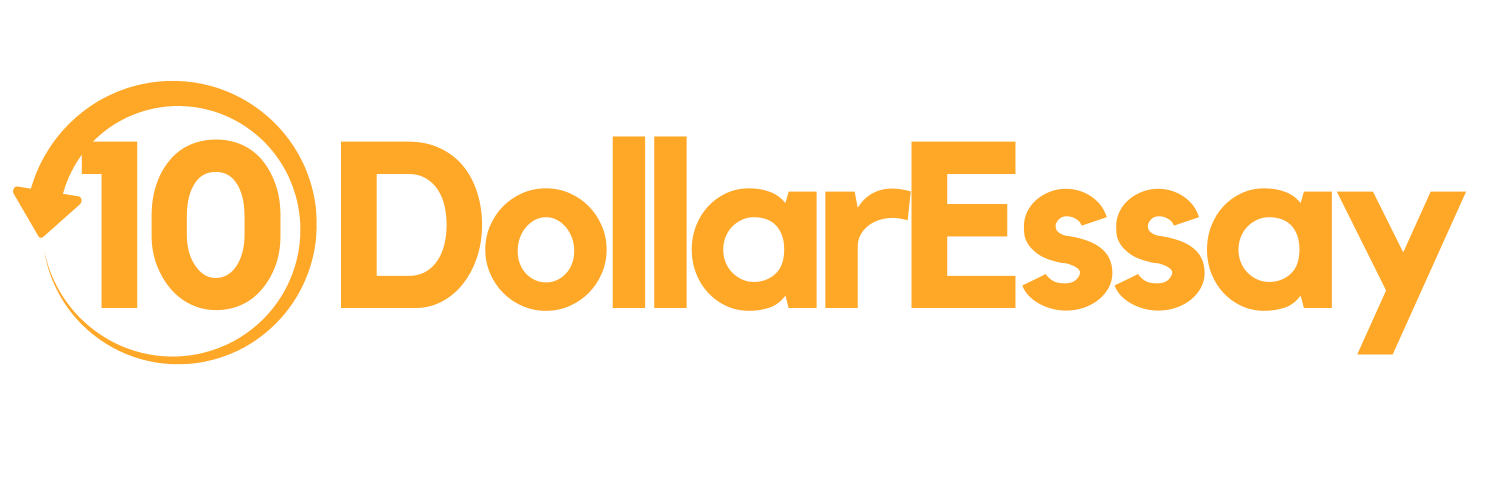My project idea is developing a grant that will assist with disruptive/unruly high school students. Once this proposal is developed and funded it will assist schools and their teachers with methods that will allow them to be more in control of their classrooms which will ultimately promote effectiveness and a higher graduation rate. Better classroom management techniques will be more appealing to stakeholders and other organizations because it will make education in the public school system more marketable when compared to private schools.Assignment 2: Final Project: Writing the Grant Part 2: Methodology and Evaluation PlansThe methodology section is one of the core components of the grant. This section is concerned with addressing the question: How will you carry out the project? (Gitlin & Lyons, 2014, p. 92). For example, if your proposal is for a nonprofit-related project, you might identify the population served or indicate who will receive services. Depending on the grant type, you may also include the research sample and associated inclusion criteria. A research proposal may also include the research design strategy, assumptions, validity, reliability, statistical analysis, timeline, and evaluation plans. Finally, in this section you may address human resources requirements and materials or supplies needed to complete the project.In recent years, evaluation plans have become increasingly important to prospective funders. Competition for grants is intense, and funders must feel confident that money will be well spent and that projects can be appropriately evaluated. This is an important consideration for the grant seeker as well. Your organization will also want to be assured that the time and effort put into a project proves that the objectives are met and if not, why.For this Assignment:Review the Final Project Guidelines provided in this modules Learning Resources. Carefully review your Gitlin & Lyons text, the University of Wisconsin-Extension resource, and the Community Tool Box resource as well as other Learning Resources that focus on methodology and evaluation. You may also find additional online information from reputable grant-related organizations, such as Foundation Center and individual private funders. Remember that this content must demonstrate that it addresses funder interests as well as the grantee perspective.In 35 pages, provide your Methodology and Evaluation Plans.In developing the methodology for your project, keep these thoughts in mind:A project should undertake only activities that will move it toward the objectives. If any activities are not necessary for reaching the objectives, do not include them in the proposal. The methodology includes the day-to-day, week-to-week, and/or month-to-month activities that will be carried out during the project period.The Methodology includes:Program description Research design Human subjects (sample) Study validity and reliability Assumptions and limitations Time line Analysis (and/or see Evaluation below) Non-personnel resources Facilities, supplies, technology, etc. Any non-personnel resources that will appear in the proposal budget should be described Personnel resources Who will be assigned or hired? Management plan (Work plan) Who will be responsible for which activities What is the timeline associated with activities (first quarter, second quarter, third quarter, fourth quarter, ongoing)? How will the project be managed? The Evaluation Plan includes:Description of the specific criteria that will measure the success of the project Explanation of data that will be collected Verify if your grant application will require an institutional review board (IRB) approval. Explanation of the data collection plans at the beginning, mid-program, and final evaluation Evaluation instruments that will be used and an explanation of why these instruments were selected Plans for writing the periodic reports to keep the funder updatedReferencesGitlin, L. N., & Lyons, K. J. (2014). Successful grant writing: Strategies for health and human service professionals (4th ed.). New York, NY: Springer.Chapter 5, Common Sections of Proposals, pp. 79104 Chapter 6, Strategies for Effective Writing, pp. 105115 Chapter 7, Common Pitfalls in Proposal Writing, p. 117124 Chapter 8, Writing Considerations for Specific Research Proposals, pp. 125133Blanco, M. A., Gruppen, L. D., Artino, A. R., Jr., Uijtdehaage, S., Szauter, K., & Durning, S. J. (2015). How to write an educational research grant: AMEE Guide No. 101. Medical Teacher, 38(2), 113122. doi:10.3109/0142159X.2015.1087483https://www.cdc.gov/phcommunities/resourcekit/evaluate/smart_objectives.htmlhttps://ctb.ku.edu/en/applying-for-grantshttps://www.cdc.gov/healthyyouth/evaluation/pdf/brief3b.pdfDevine, E. B. (2009). The art of obtaining grants. American Journal of Health-System Pharmacy, 66, 580587. doi:10.2146/ajhp070320https://fyi.extension.wisc.edu/programdevelopment/logic-models/https://www.atcmag.com/Issues/ID/155/Making-Your-Grant-Proposal-PersuasiveStokes, K. (2012). Writing clear statements of needs and goals for grant proposals. AMWA Journal: American Medical Writers Association Journal, 27(1), 2528.https://www.aacu.org/sites/default/files/LogicModel.pdfhttps://www.youtube.com/watch?v=-tvByyNfr08https://www.youtube.com/watch?v=k7XD8zfCGo4https://www.youtube.com/watch?v=4lRMO–NCU4
Methodology and Evaluation
Get your custom paper done at low prices
275 words/page
Double spacing
Free formatting (APA, MLA, Chicago, Harvard and others)
12 point Arial/Times New Roman font
Free title page
Free bibliography & reference
TESTIMONIALS
What Students Are Saying
Outstanding, thank you very much.
Awesome. Will definitely use the service again.
